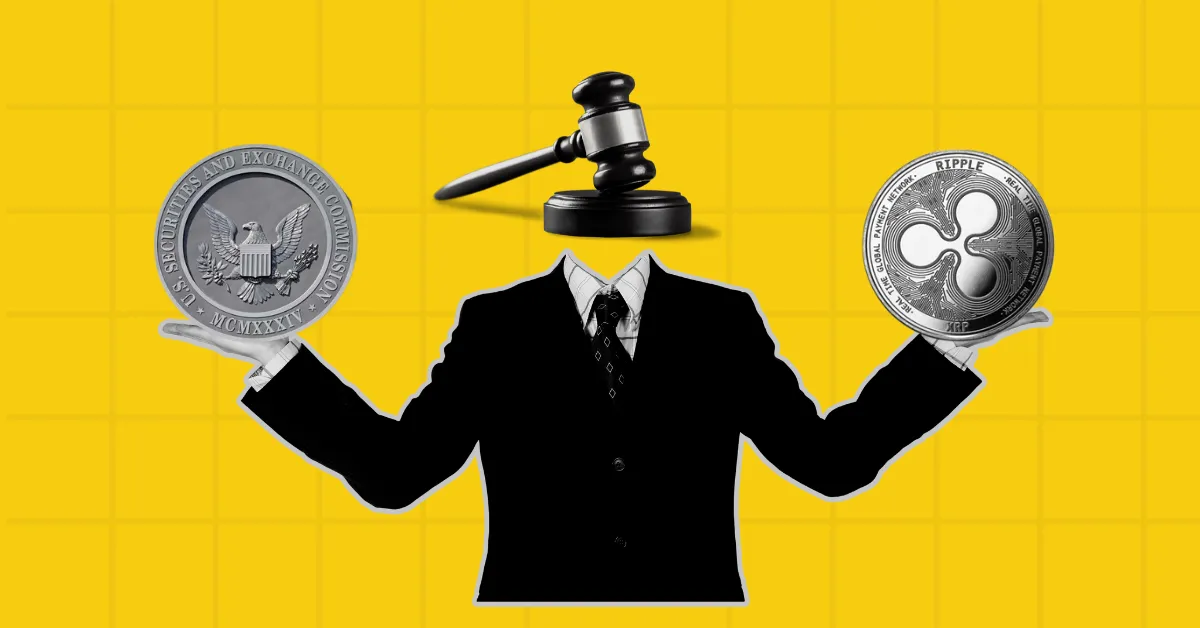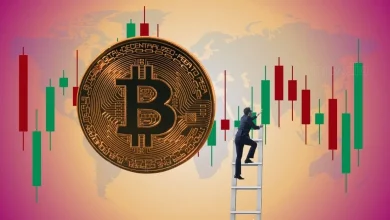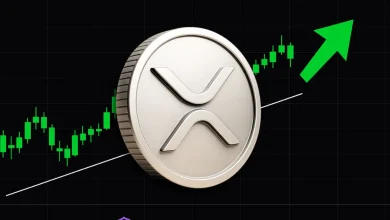
In a string of online discussions, crypto enthusiasts and legal minds have been dissecting whether Ripple will choose to appeal against the SEC, given the implications of the recent Torres Decision. A tweet from a user named Mickle started the debate, expressing the belief that Ripple’s appeal would be unlikely and potentially detrimental to its business.
Legal Perspectives and Business Considerations
Several other users countered Mickle’s argument, citing opinions from various attorneys. They believe that if the SEC were to appeal, Ripple would most likely follow suit. Despite recognizing the potential harm of ongoing litigation on Ripple’s business within the US, they argued that the case wouldn’t have a significant impact outside of the country, enabling the business to continue as usual.
The Impact of an SEC Appeal
As the discussion progressed, other users agreed that Ripple would most likely not appeal unless prompted by an SEC action. They drew attention to statements by John E. Deaton, who highlighted that a successful SEC appeal wouldn’t necessarily benefit the regulatory body.
Understanding Ripple’s Litigation Strategy
Bill Morgan, an Australian lawyer, and digital asset enthusiast, weighed in on the conversation, suggesting that Ripple’s decision not to appeal, in the event of a SEC appeal, would be a serious litigation strategy misstep. He explained that Judge Torres’ decision to lump together ODL customer sales with other institutional sales may be flawed, indicating potential grounds for Ripple’s appeal.
Morgan also proposed a hypothetical situation where Ripple might opt against appealing if Garlinghouse and Larsen win the trial and the SEC chooses not to appeal. He further noted that legislative changes may occur in the future that could exclude Ripple sales to ODL customers from the SEC’s jurisdiction.
Exploring Judge Torres’ Reasoning
Morgan took a deep dive into Judge Torres’ ruling, arguing that much of the reasoning doesn’t align with the nature of sales to ODL customers. He speculated that the primary focus on pre-2021 sales during the litigation may have contributed to this potential misinterpretation. However, if the SEC were to initiate a lawsuit for sales from 2021 to 2023, the nature of ODL customer sales would likely garner more attention.







